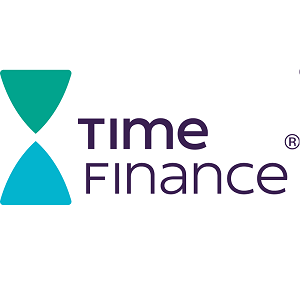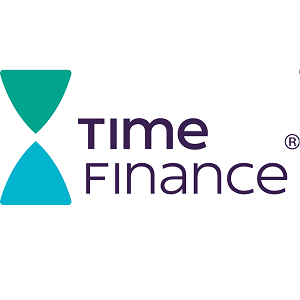This year’s Budget announcement has introduced several new measures that the Government hopes will rebuild public finances, create economic growth, and strengthen business foundations across the UK. Among the most notable shifts is a £40 billion tax increase, raising questions about its impact on the business landscape.
One major change affects employer National Insurance contributions, which are set to rise from 13.8% to 15%, effective April 2025. This change comes alongside a lower National Insurance payment threshold, dropping from £9,100 to £5,000, putting added financial weight on employers. Recognising these burdens, the Government is also increasing the Employment Allowance from £5,000 to £10,500, an adjustment expected to benefit approximately 865,000 businesses by exempting them from National Insurance, and keeping contributions steady or even lower for over a million firms. This adjustment followed extensive dialogue with the Federation of Small Businesses, aiming to provide relief for smaller enterprises.
The Budget also addresses wages, with the Government planning an increase to the National Living Wage for workers over 21 to £21.21 per hour from April 2025. Younger workers will also see pay improvements, with the National Minimum Wage moving to £10 an hour for those aged 18-20 and £7.55 for apprentices. This policy aims to support employee well-being and reduce income disparities across age groups.
In a shift from previous discounts on commercial property business rates, the Government has reduced the relief from 75% to 40%, though businesses will still benefit from a capped annual discount of £110,000.
To stimulate key sectors, the Government is committing significant investment into industries such as automotive, aerospace, and life sciences. This includes over £2 billion dedicated to the automotive sector, £1 billion for aerospace, and up to £520 million for an innovative manufacturing fund focused on life sciences, signalling long-term backing for sectors critical to the UK’s industrial future.
This Budget arrives amid improving economic indicators, including a notable decrease in inflation to 1.7% in August – the lowest rate in over three years. However, with the Prime Minister calling for “short-term pain for long-term gain,” businesses must prepare for potential financial strain. For many, this will mean evaluating the Budget’s tax and wage changes and adjusting financial plans for 2025. While these adjustments aim to close a reported £22 billion deficit in public finances, businesses are advised to seek counsel from advisors and financial experts to navigate these shifts and assess potential impacts on their operations.
While this year’s Budget may prompt financial challenges, the real effects will become clearer only as these measures take effect. For now, businesses can benefit from planning ahead and engaging with financial professionals to strategise for upcoming changes.
Time Finance plc (LON:TIME) is an AIM-listed business specialising in the provision or arrangement of funding solutions to UK businesses seeking to access the finance they need to realise their growth plans. Time Finance can fund businesses or arrange funding with their trusted partners through Asset Finance, Invoice Finance, Business Loans, Vehicle Finance or Asset Based Lending.


